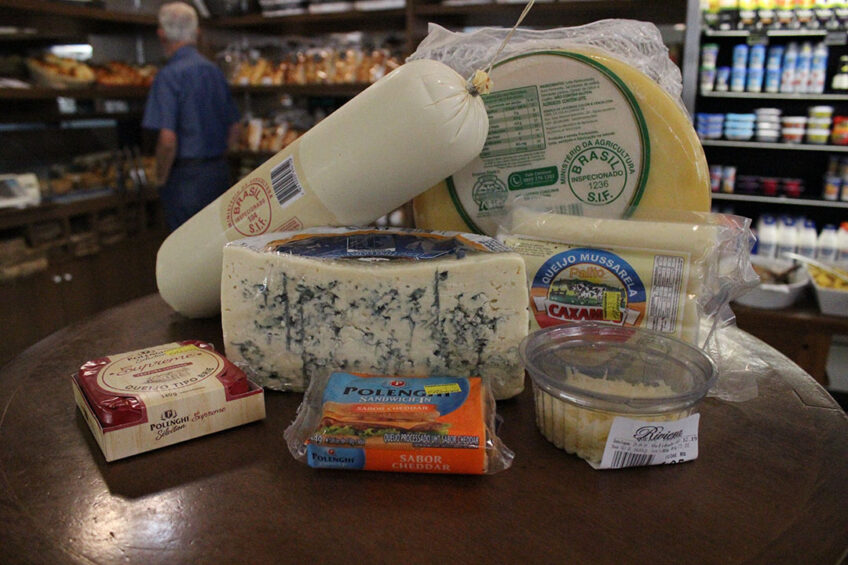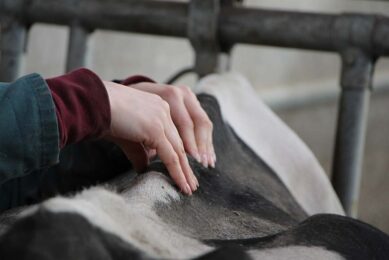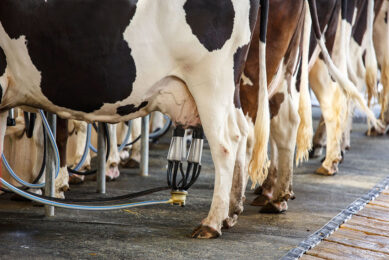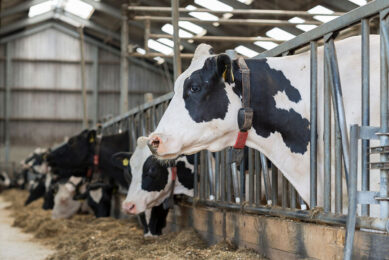Brazil focuses on exports as dairy production increases

Although Brazil is set to produce 35 billion litres of milk in 2019, the country exports just 1% of its total production and strives to gain ground on world trade, beginning with cheese.
According to Brazilian dairy industry association, Viva Lácteos, the country’s dairy production will increase 4.3% in 2019. From January until end June 2019 the country registered a 6.5% increase in milk compared to the same period in 2018.
“Excluding the trucker strike last year, our production is likely to rise by about 3%. This number could be even better if some factors as climate conditions and political decisions are favourable. Some regions in the country count 100 days without rain, for example. So we have a long way to go,” says Marcelo Martins, Viva Lácteos director.
He also has concerns around some political issues as the country expects reforms on pension and tax legislation, which could affect small producers.

Say ‘cheese’
Regardless of its large production, Brazil exports less than 1% of the dairy that it produces, but the country strives to gain ground on the world dairy market. Recently, China opened its market to 24 Brazilian milk factories and other conversations are going forward with Mexico.
“We need to develop our exports, but we are not competitive on commodities like powder milk. Thus, we emphasise cheese as an alternative for importers all over the planet,” he explains.
At the ‘Mundial du Fromage et des Produits Laitiers’, a cheese and dairy event held in France in June, Brazil took home a total of 56 medals, 4 of which were gold.
According to Martins, Brazil has increased cheese exports by 35.6% since 2016 and sold US$17.9 million worth of cheese products in 2018 to Russia, China, Taiwan, the US and 36 other countries. With China opening their market, Brazil could add a further US$4.5 million annually until 2022.
In Martins´ opinion, Brazil can be a key provider of cheese and other dairy products. “Brazilian dairy producers have to increase their quality and efficiency because the world´s demand will need us,” said Martins.
Join 13,000+ subscribers
Subscribe to our newsletter to stay updated about all the need-to-know content in the dairy sector, two times a week.










